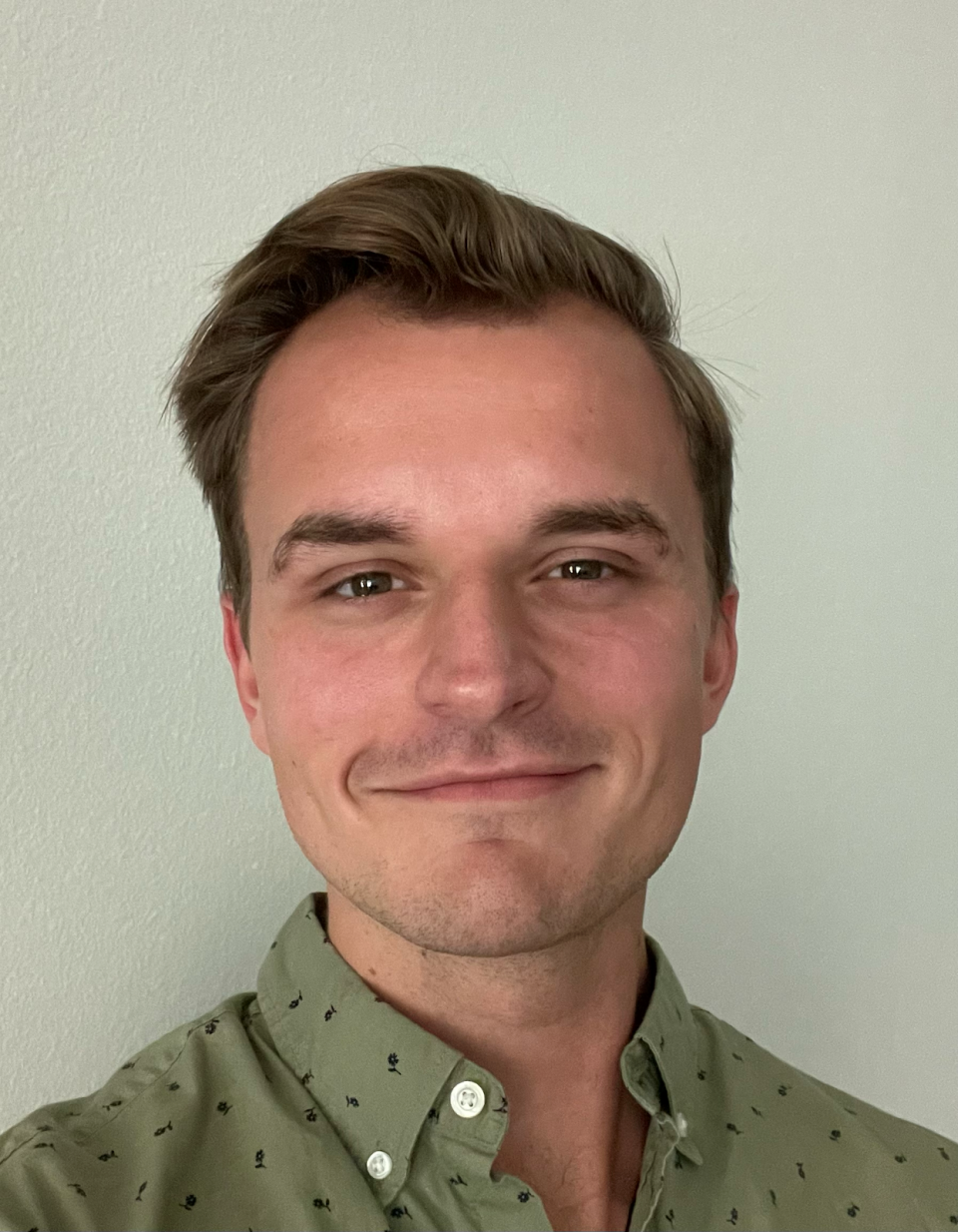Here's what Calgary and Kentucky have in common: Opinion
Picture a canoe the size of a city block. Imagine a saddle the size of a stadium. Consider what it would look like for a finger-trap toy to reach out across a river, bank to bank. These are the improbably-sized things I witnessed during my single day in the city of Calgary, the largest in Alberta, Canada
If I were a betting man, I’d say most of us in the States couldn’t pick out Canada’s third-largest city on a map. Calgary certainly hasn’t had the fortune of word-of-mouth buzz like the kind that follows Toronto or Portland. But like the size of the canoe, the saddle and the finger-trap, there’s something inherently improbable about Calgary that makes me want to root for it.
Read how it all began:I learned balloon twisting with my dad. Now it's taking me around the world
I blame this phenomenon on the people. Stereotype proven: the Canadians with whom I crossed paths were some of the sweetest, most ardently hopeful people I’ve ever known. In the span of 23 hours, I expereinced the kind of hospitality that we in the South could (and should) aspire to. A bed to sleep in, a few specially-prepared meals, and as the sky darkened, a fireworks show that turned my welcome technicolor (I was later told that the fireworks signaled the end of Stampede, the city’s signature annual event; I like to think the people of Calgary would still have given me a personal firework show if I asked).
Perhaps the most hopeful of the Calgarians is a man named Colin Jackson, a longtime leader in the Calgary (and Canadian, and global) arts scene. In the early days of the pandemic, Colin and his collaborators banded together to found Calgary on Purpose, a community-wide network of active citizens working to understand their city from the inside out.
“We all want a strong community,” he says. “Whether you’re right wing, left wing, no wings at all, however many wings you’ve got, you still want a strong community.”
Colin understands, thanks to a decades-long career in theatre and broadcast, that the most important thing a community can have is a shared story. What we tell ourselves about who we are, and how we decide to evolve from there, this is the core of a city. When we fail to tell that story well, the community loses interest. If we let the story turn hostile and insular, we get a hateful community.
You may also likeHidden in plain sight: How this Kentucky teacher uncovered a secret in a Van Gogh painting
In spite of the difficulties the world has faced since the onset of COVID-19, the Calgarians still seem to find a silver lining to the pandemic. One of Colin’s collaborators, Calgary Arts Development CEO Patti Pon, laid out the hope that coronavirus can bring to each and every community: “Memory may fade, but COVID was a true common experience.” What we do with that common experience, how we manage (or fail) to rally around it, that's the question.
As a proud Paducan and a proud Nashvillian, I left Calgary with a warm glow of possibility. Calgary, like Kentucky, is a place where people have to commit to living “on purpose” if the community is going to succeed. Calgary, like Nashville, is a place that loves to celebrate by wearing cowboy hats, particularly by those residents that have never been within spitting distance of a cow. And Calgary, alongside Paducah and Nashville, is one of the few cities where I’ve ever come across the song “Red Solo Cup” playing without a trace of irony, for the whole community to sing along.

Barton Christmas is a freelance writer based out of Paducah, Kentucky. Over the next year, he is traveling to over a dozen countries as a Vanderbilt University Keegan Traveling Fellow. Keep an eye out here at The Courier Journal for periodic updates on his travels, follow his travel Instagram @KentuckyPilgrim or email bartonxmas@gmail.com to join his weekly travel newsletter, Kentucky Rambler.
This article originally appeared on Louisville Courier Journal: Here's what Calgary and Kentucky have in common: opinion

